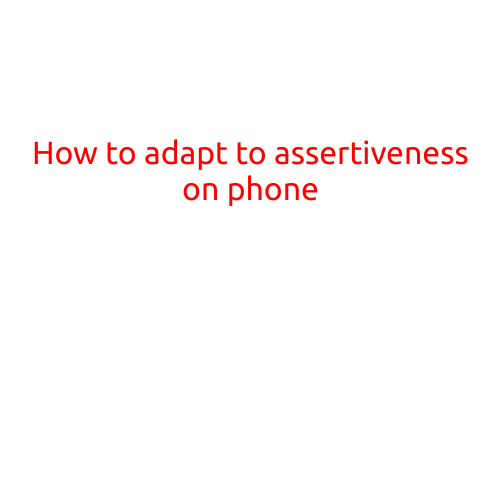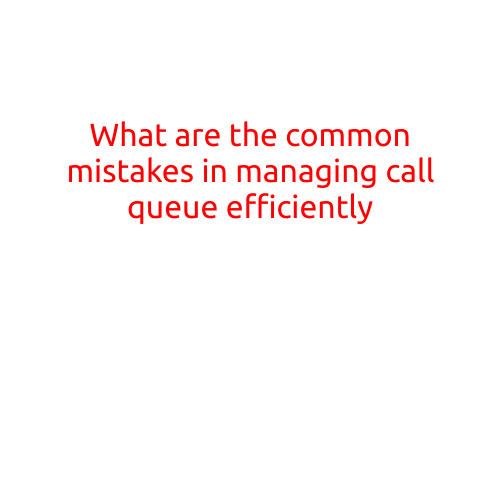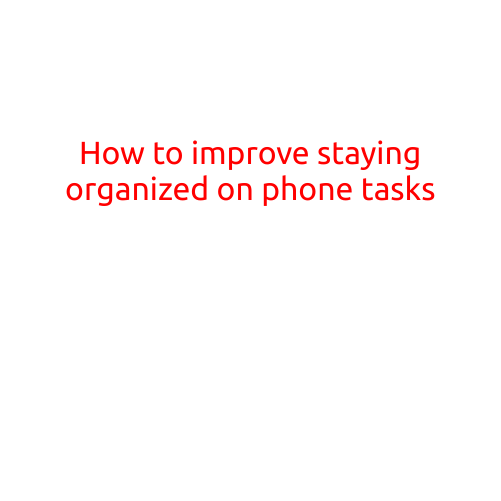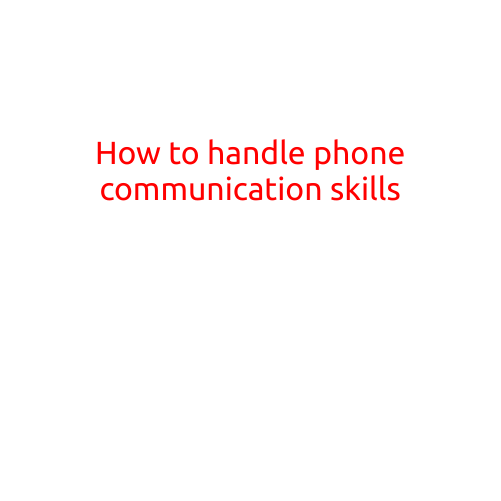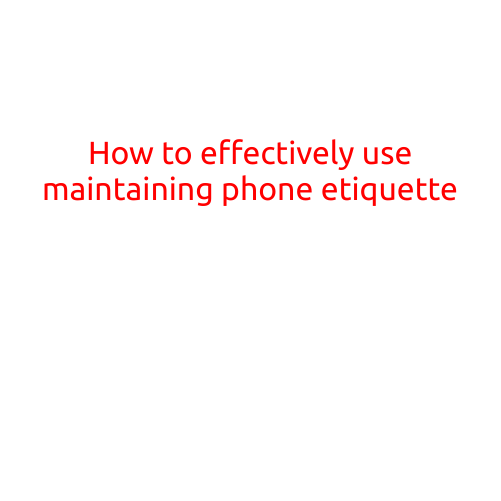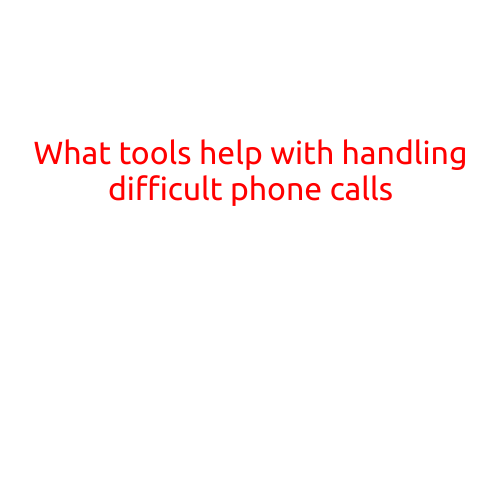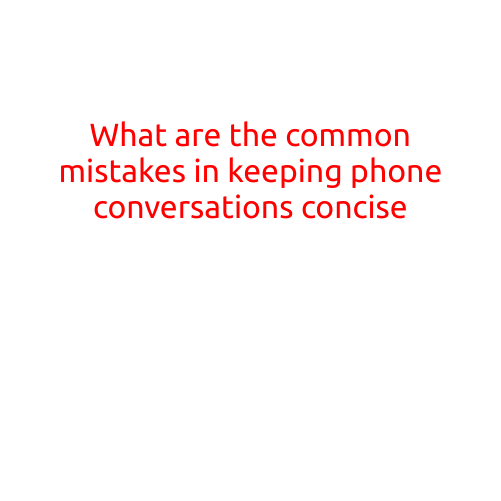
What are the Common Mistakes in Keeping Phone Conversations Concise?
In today’s fast-paced world, effective time management is crucial, and this applies to our phone conversations as well. Keeping phone conversations concise is essential to ensure that you get your point across, without wasting too much of your own or the other person’s time. However, many of us make common mistakes that lead to prolonged conversations, leaving us feeling like we’re stuck in a time warp. In this article, we’ll explore the most common mistakes in keeping phone conversations concise and provide tips on how to avoid them.
Mistake #1: Lack of Clear Goals
Before starting a phone conversation, it’s essential to define what you want to achieve. What is the purpose of the call? What questions do you need to ask? What information do you need to convey? Without clear goals, you may find yourself meandering through a conversation, wasting valuable time. Make sure to identify your objectives before picking up the phone.
Mistake #2: Rambling on
Rambling is a common mistake that can lead to tedious conversations. It’s natural to get carried away when discussing a topic you’re passionate about, but it’s crucial to stay focused and to the point. Practice active listening to avoid prolonged responses, and make sure to summarize the main points of the conversation to keep the other person engaged.
Mistake #3: Using Jargon and Technical Terms
Using technical jargon or industry-specific terms can confuse or intimidate the other person, leading to lengthy explanations. Whenever possible, use simple, clear language to convey your message. Avoid using slang or acronyms unless you’re sure the other person is familiar with them.
Mistake #4: Not Ending the Call
One of the most significant mistakes in keeping phone conversations concise is failing to wrap up the call on time. If you’ve achieved your goals, don’t be afraid to politely bring the conversation to a close. Use phrases like “I think we’ve covered everything” or “Let me summarize our discussion so far” to signal the end of the call.
Mistake #5: Not Preparing
Failing to prepare for a phone conversation can lead to lengthy discussions. Before the call, make sure you have all the necessary information and materials ready. Research the topic, prepare your questions, and have a clear understanding of your goals and objectives.
Mistake #6: Not Being Flexible
Phone conversations often don’t go as planned, and it’s essential to be flexible and adapt to changing circumstances. If the conversation takes an unexpected turn, don’t panic. Stay calm, refocus, and adjust your approach as needed.
Mistake #7: Not Being Respectful
Lastly, don’t forget to be respectful of the other person’s time and schedule. Avoid interrupting, and make sure to show appreciation for the other person’s input and willingness to discuss the topic. Respectful phone conversations not only ensure a productive outcome but also build strong relationships.
Conclusion
Keeping phone conversations concise is a valuable skill that requires practice, strategy, and a willingness to adapt. By avoiding common mistakes like lack of clear goals, rambling, using jargon, not ending the call, not preparing, not being flexible, and not being respectful, you can effectively convey your message, achieve your objectives, and maintain a strong, professional relationship. Remember to stay focused, be prepared, and be respectful, and you’ll be well on your way to mastering the art of concise phone conversations.
